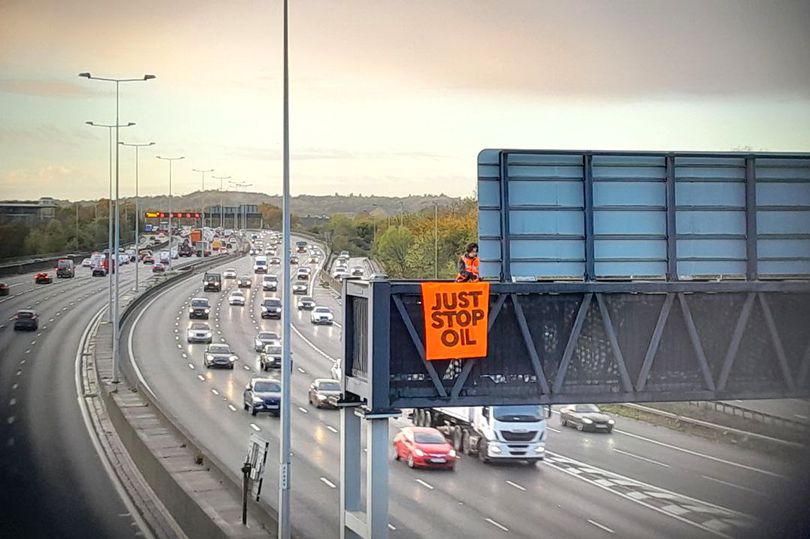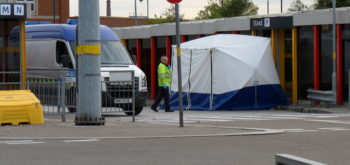LBC reporter Charlotte Lynch was arrested on the side of the M25 and held for five hours following her attempt to cover the Just Stop Oil protests this week. This was despite carrying her press pass, an official form of identification.
Questions were raised concerning the protection of a free and fair press when Lynch was arrested for suspicion of conspiracy to commit a public nuisance while trying to carry out her job, taking pictures and videos of the protesters from a location clear of the demonstration on a road bridge. Lynch was handcuffed and taken to the police station, where she was searched twice before being escorted to a cell and where she was held for five hours.
Commenting on the arrest, Education Secretary Gillian Keegan said ‘journalists should not be arrested for doing their job… we are defenders of free speech.’
This arrest was not an isolated incident – a documentary maker and photographer were also arrested while capturing images of the protest.
Hertfordshire Police claimed that they had ‘reasonable grounds at the time to make an arrest in order to ascertain the circumstances surrounding their presence at the location.’
Just Stop Oil protests have taken place at several points on the M25, with protestors climbing onto overhead gantries causing major delays on the UK’s busiest motorway.
The disruption is such that the police are ‘proactively’ arresting campaigners suspected of planning action on motorways. It has been reported that a total of 23 campaigners have been arrested so far.
Tyrone Steele, criminal lawyer at human rights charity JUSTICE said ‘Over the past few days, a number of journalists, including Charlotte Lynch from LBC, were arrested for simply doing their job. These incidents clearly demonstrate the broad range of powers that already exist to police protests and show how they can be misused to stifle press freedom.’
‘It is vital, and in the public interest, that the press has access to protest sites in order to report on and monitor police powers, essential for preventing abuse. These arrests demonstrate the risks that new police powers could be used disproportionately, serving as a chilling effect on our fundamental rights to freedom of speech, expression, and assembly.’







